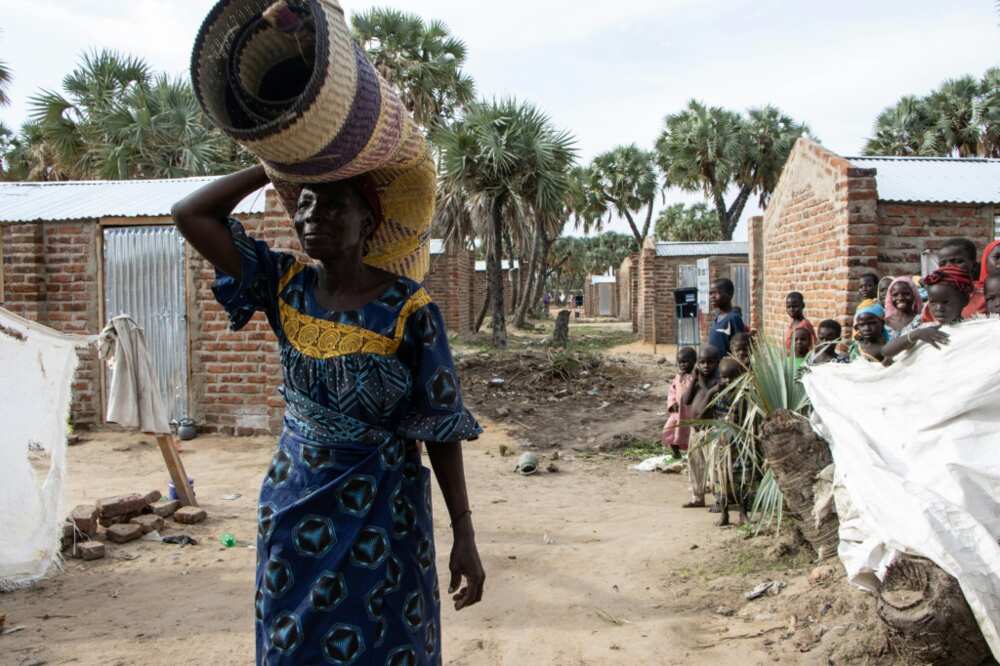UN alarmed as fighting, climate displace five million in Sahel

Source: AFP
PAY ATTENTION: Click “See First” under the “Following” tab to see Legit.ng News on your Facebook News Feed!
Conflict and climate change in West Africa's Sahel region have prompted nearly five million to flee their homes, the UN's refugee agency says.
At the end of June, 4.8 million people had fled in Burkina Faso, Chad, Mali, Mauritania and Niger, the UNHCR said in a press release to trail a visit by the agency's chief to the troubled region.
Of these, nearly three million of those people were displaced within their own countries, it said.
"The worst-affected country is Burkina Faso, where there are nearly two million internally displaced," the High Commissioner for Refugees Filippo Grandi said in a two-day visit to camps in Chad, which hosts more than a million people.
Grandi on Thursday visited the Kalambari camp, about 30 kilometres (20 miles) south of the capital N'Djamena, where some 8,000 refugees from neighbouring Cameroon live.
"Two years ago, we registered 500,000 people in Mali and Burkina Faso, which already seemed huge to me," Grandi had told journalists in N'Djamena.
PAY ATTENTION: Subscribe to Digital Talk newsletter to receive must-know business stories and succeed BIG!
"It's worrying. The countries that cause the most concern are Burkina Faso and Mali. This is due to the actions of armed groups that terrorise populations, empty villages and drive people towards big cities," he said.
"But it is also due to the unduly strong reaction of governments," Grandi added.
Even before the emergence of jihadist groups affiliated to the Islamic State group and al-Qaeda, the affected Sahel nations were already among the poorest in the world.
Grandi said governments typically responded to jihadism with security measures, when the fight also needed to tackle poverty and under-development in such areas as education.
"All this will weaken extremism. Military action alone is not enough," he stressed.
"Added to this is the climate emergency, which deprives communities of resources and promotes conflicts," he said. "We need more humanitarian aid for all the countries of the Sahel."
Monthly food aid eaten in a week
The impoverished, volatile region is struggling with a jihadist campaign that sprang up in northern Mali in 2012.
Three years later, it spread to the centre of the country, an ethnic powder keg, and then to Niger and Burkina Faso.
In the case of Chad, attacks by Nigeria's Boko Haram jihadists began in the Lake Chad region in February 2015.
Food aid finished in a week
Around 100 camp residents took part in a protest as Grandi arrived on Thursday, holding up placards saying "No-one listens to our problems" and "We are tired of all the tricks".
He spent time listening to complaints.
"The roofs of the houses aren't strong enough and we badly lack bedding," said Gabriel Mati, secretary of the camp committee.
"Each month, they give us 5.75 kilogrammes (12.67 pounds) of sorghum, 1.75 litres (3.7 pints) of cooking oil and 1.5 kilos of beans -- the food is finished in a week."
Source: AFP


